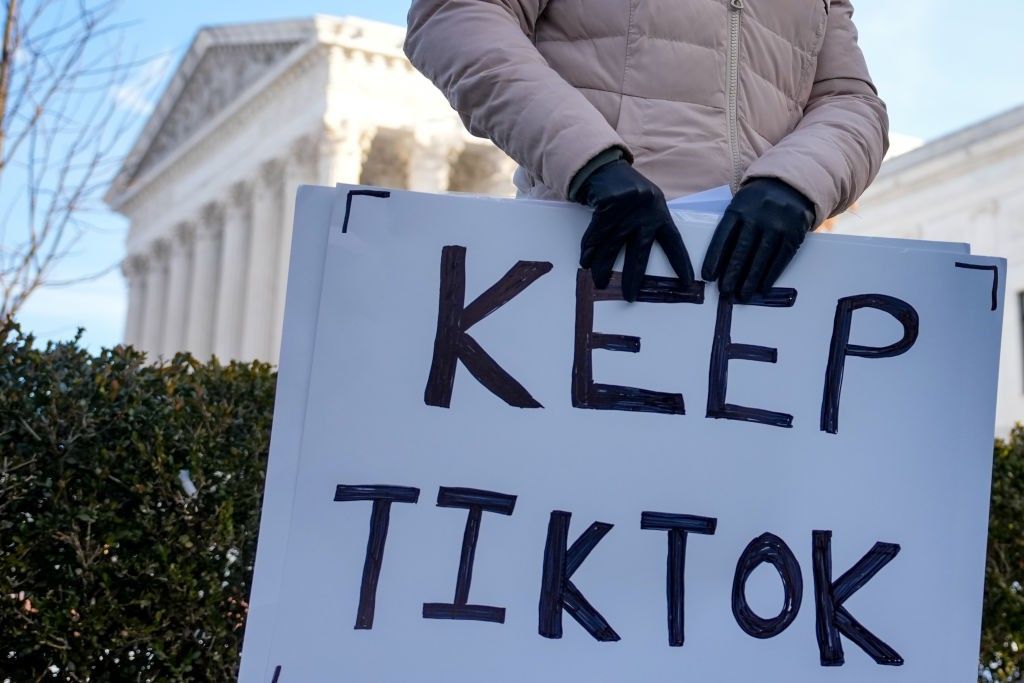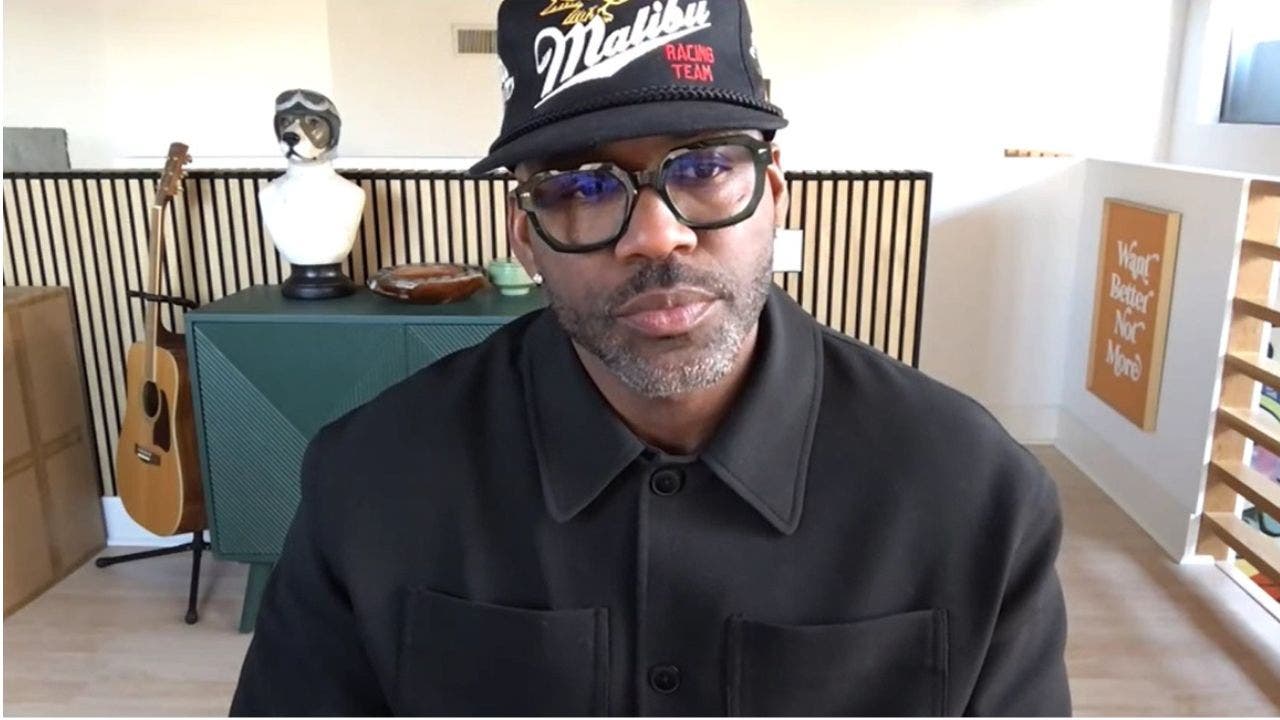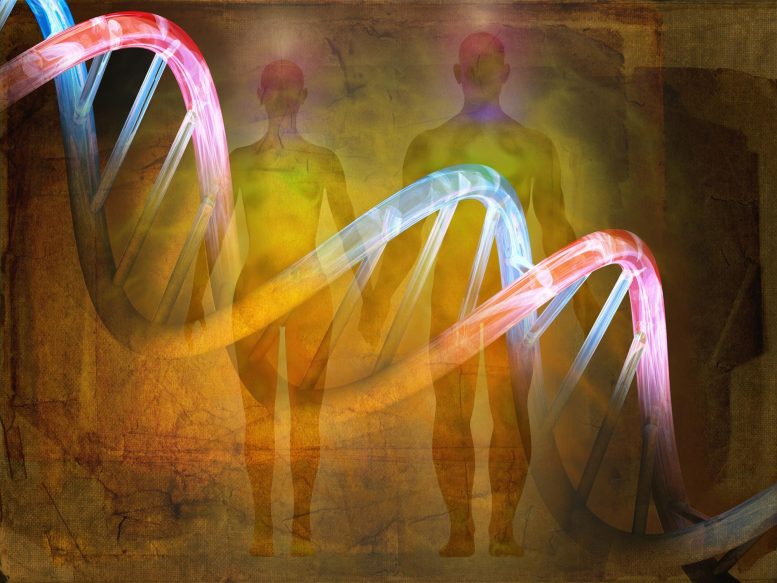LONDON, Jun 14 (IPS) – There’s been recent change in violence-torn Haiti – but whether much-needed progress results remains to be seen.
Acting prime minister Garry Conille was sworn in on 3 June. A former UN official who briefly served as prime minister over a decade ago, Conille was the compromise choice of the Transitional Presidential Council. The Council formed in April to temporarily assume the functions of the presidency following the resignation of de facto leader Ariel Henry.
Upsurge in violence
Haiti has seen intense and widespread gang violence since the assassination of President Jovenel Moïse in July 2021. Henry was finally forced out as the conflict escalated still further. In February, two major gang networks joined forces. The gangs attacked Haiti’s main airport, forcing it to close for almost three months and stopping Henry returning from abroad.
Gangs took control of police stations and Hait’s two biggest jails, releasing over 4,000 prisoners. The violence targeted an area of the capital, Port-au-Prince, previously considered safe, where the presidential palace, government headquarters and embassies are located. Haitian citizens paid a heaver price: the UN estimates that around 2,500 people were killed or injured in gang violence in the first quarter of this year, a staggering 53 per cent increase on the previous quarter.
Henry won’t be missed by civil society. He was widely seen as lacking any legitimacy. Moïse announced his appointment shortly before his assassination, but it was never formalised, and he then won a power struggle thanks in part to the support of foreign states. His tenure was a blatant failure. It was when the gangs seemed on the verge of taking full control of Port-au-Prince that Henry finally lost US support.
Now the USA, other states and the Caribbean Community (CARICOM) have thrown their weight behind the Council and a Kenya-led international police force, which has recently begun to deploy.
Contested developments
Gang leaders can be expected to maintain their resistance to these developments. The most prominent, ex-police officer Jimmy Chérizier, demands a role in any talks. But this looks like posturing. Chérizier likes to portray himself as a revolutionary, on the side of poor people against elites. But the gangs are predatory. They kill innocent people, and it’s the poorest who suffer the most. The things the gangs make their money from – including kidnapping for ransom, extortion and smuggling – benefit from weak law enforcement and a lack of central authority. Gang leaders are best served by maximum chaos for as long as possible, and when that ends will seek an accommodation with favourable politicians, as they’ve enjoyed before.
Political squabbling suits the gangs, which makes it a concern that it took extensive and protracted negotiations to establish the Council. The opaque process was evidently characterised by self-interested manoeuvring as politicians jockeyed for position and status.
The resulting body has nine members: seven with voting rights and two observers. Six of the seven come from political groupings, with the seventh a private sector representative. One observer represents religious groups and the other civil society: Régine Abraham, a crop scientist by profession, from the Rally for a National Agreement.
The Council’s formation was shortly followed by the arrival of an advance force of Kenyan police, with more to follow. It’s been a long time coming. The current plan for an international police force was adopted by a UN Security Council resolution in October 2023. The government of Kenya took the lead, offering a thousand officers, with smaller numbers to come from elsewhere. But Kenya’s opposition won a court order temporarily preventing the move. Henry was in Kenya to sign a mutual security agreement to circumvent the ruling when he was left stranded by the airport closure.
Many Haitians are rightly wary of the prospect of foreign powers getting involved. The country has a dismal history of self-serving international interference, particularly by the US government, while UN forces have been no saviours. A peacekeeping mission from 2004 to 2017 committed sexual abuse and introduced cholera. This will be the 11th UN-organised mission since 1993, and all have been accused of human rights violations.
Civil society points to the Kenyan police’s long track record of committing violence and rights abuses, and is concerned it won’t understand local dynamics. There’s also the question of whether resources spent on the mission wouldn’t be better used to properly equip and support Haiti’s forces, which have consistently been far less well equipped than the gangs. Previous international initiatives have manifestly failed to help strengthen the capacity of Haitian institutions to protect rights and uphold the rule of law.
Time to listen
Haitian civil society is right to criticise the current process as falling short of expectations. It’s an impossible task to expect one person to represent the diversity of Haiti’s civil society, no matter how hard they try. And that person doesn’t even have a vote: the power to make decisions by majority vote is in the hands of political parties many feel helped create the current mess.
The Council is also a male-dominated institution: Abraham is its only female member. With gangs routinely using sexual violence as a weapon, the Council hardly seems in good shape to start building a Haiti free of violence against women and girls.

And given the role of international powers in bringing it about, the Council – just like the Kenya-led mission – is open to the accusation of being just another foreign intervention, giving rise to suspicions about the motives of those behind it.
The latest steps could be the start of something better, but only if they’re built on and move in the right direction. Civil society is pushing for more from the government: for much more women’s leadership and civil society engagement. For the Kenya-led mission, civil society is urging strong human rights safeguards, including a means for complaints to be heard if the mission, like all its predecessors, commits human rights abuses. This shouldn’t be too much to ask.
Andrew Firmin is CIVICUS Editor-in-Chief, co-director and writer for CIVICUS Lens and co-author of the State of Civil Society Report.
Follow @IPSNewsUNBureau
Follow IPS News UN Bureau on Instagram
© Inter Press Service (2024) — All Rights ReservedOriginal source: Inter Press Service



















Discussion about this post